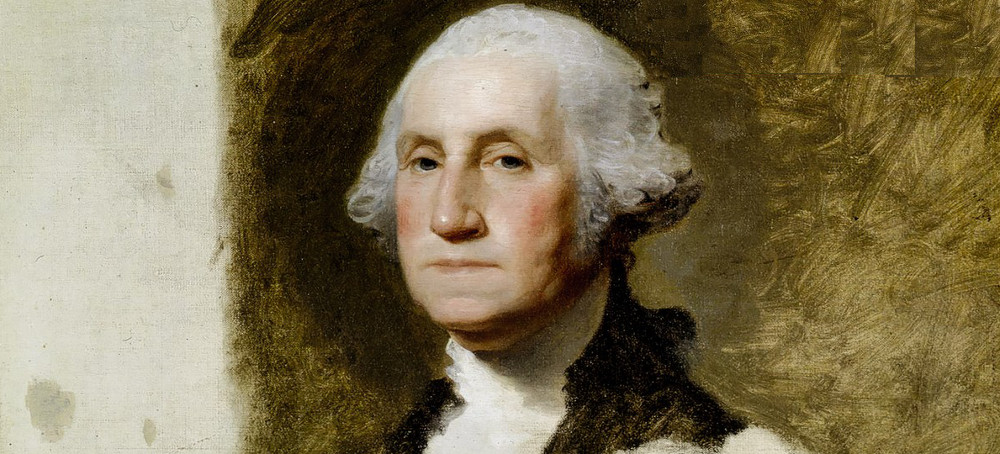The Moment of Truth
Tom Nichols The Atlantic 057310-washington-101024.jpg
057310-washington-101024.jpg
Last November, during a symposium at Mount Vernon on democracy, John Kelly, the retired Marine Corps general who served as Donald Trump’s second chief of staff, spoke about George Washington’s historic accomplishments—his leadership and victory in the Revolutionary War, his vision of what an American president should be. And then Kelly offered a simple, three-word summary of Washington’s most important contribution to the nation he liberated.
“He went home,” Kelly said.
The message was unambiguous. After leaving the White House, Kelly had described Trump as a “person that has no idea what America stands for and has no idea what America is all about.” At Mount Vernon, he was making a clear point: People who are mad for power are a mortal threat to democracy. They may hold different titles—even President—but at heart they are tyrants, and all tyrants share the same trait: They never voluntarily cede power.
The American revolutionaries feared a powerful executive; they had, after all, just survived a war with a king. Yet when the Founders gathered in 1787 to draft the Constitution, they approved a powerful presidential office, because of their faith in one man: Washington.
Washington’s life is a story of heroic actions, but also of temptations avoided, of things he would not do. As a military officer, Washington refused to take part in a plot to overthrow Congress. As a victorious general, he refused to remain in command after the war had ended. As president, he refused to hold on to an office that he did not believe belonged to him. His insistence on the rule of law and his willingness to return power to its rightful owners—the people of the United States—are among his most enduring gifts to the nation and to democratic civilization.



